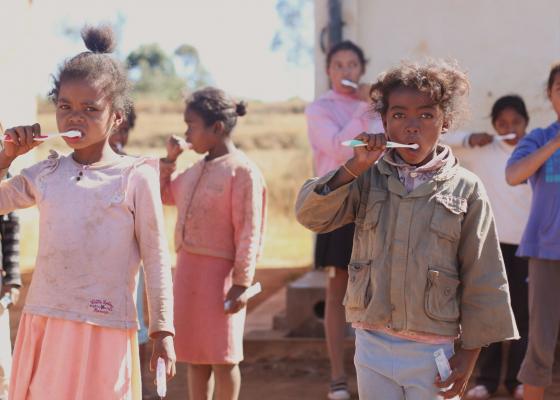The National Dental Research Institute Singapore has established an international collaborative research group that aims to identify risk and protective factors for oral diseases such as dental caries, traumatic dental injuries, periodontitis, and maxillofacial development early in life, and their consequences in later years. Known as the Oral Health Birth Cohort Studies – Global Consortium, the research group is the first of its kind in the field of child oral health.
The Consortium seeks to address new research questions which may benefit from increased statistical power and consistency in pooling data from multiple birth cohort studies worldwide. This approach also allows for researchers to explore interactions between oral health determinants and various socio-cultural influences, economic conditions, and health systems.
The formation of the Oral Health Birth Cohort Studies – Global Consortium originated from an oral health research event in Bangkok, Thailand in 2019. This two-day workshop brought together research findings from birth cohort studies from all five continents. Oral Health Birth Cohort Studies from Australia, Uganda, New Zealand, Brazil, Hong Kong, Thailand, the USA, and Germany have collected comprehensive information on participants, including general socio-economic and demographic data, in addition to an extensive list of medical, familial, lifestyle, and dental characteristics. The researchers recognised that having a large pool of information from the various studies would be of value in contributing towards improvements in global oral health and fighting oral diseases.
Much of the evidence for the growing realisation that oral disease occurrence is strongly influenced by early life experiences comes from birth cohort studies. The research event in Bangkok, the first of its kind, highlighted the potential to add to this knowledge, by strengthening collaboration between researchers working in this field and promoting the development of further studies.
The immediate next steps of the Consortium are to identify more potential collaborators worldwide to include as many studies from as many countries as possible, and to define a research agenda for pooled analysis. An Executive Committee has been established to help in the connection process and move forward with the Consortium’s plan.

